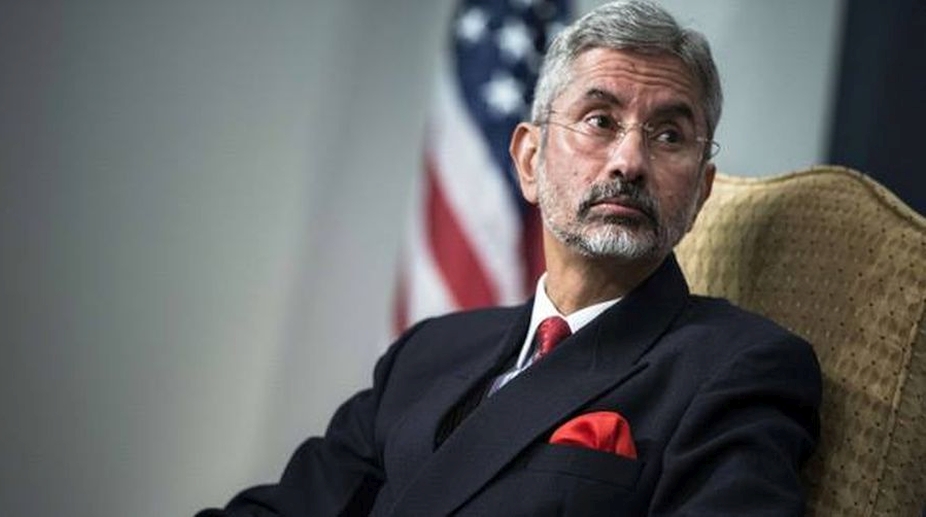Amid marked strain in bilateral ties, India and China are likely to discuss a host of contentious issues, including Beijing repeatedly blocking a UN ban on JeM chief Masood Azhar and stymeing India's NSG membership, when Foreign Secretary S Jaishankar meets the Chinese Vice Foreign Minister Zhang Yesui next week in Beijing.
Jaishankar will attend the first India-China Strategic Dialogue to be held in Beijing on February 22.
Advertisement
New Delhi is expected to try and persuade Beijing not to roadblock its bid for the NSG membership and as well as its proposal to have Jaish-e Mohamed chief Masood Azhar branded as an international terrorist.
On the other hand, China is likely to raise the issue of the Dalai Lama and India inviting Taiwanese lawmakers, among others.
"The two sides are expected to discuss all issues of mutual interest in the bilateral, regional and international domain," External Affairs Ministry spokesperson Vikas Swarup said on Thursday.
Jaishankar is likely to voice India's displeasure over China repeatedly shielding Azhar from being branded as an international terrorist.
China blocked India's proposal at the UN to add Azhar to the international terrorists' list thrice in 2016, only to reject a fresh US proposal for the same this month, irking India.
India says Azhar is behind the terror attack on the Pathankot air base in January last year, in which seven security personnel were killed.
China put a technical hold on the recent US move to list the Jaish-e-Mohammed (JeM) chief as a terrorist in the 1267 committee of the UN Security Council, apparently at the behest of its all-weather friend Pakistan.
Jaishankar is also likely to take up China's opposition to India's entry into the 48-member Nuclear Suppliers Group. The Pakistan factor comes into play here as well.
Beijing opposes New Delhi's inclusion into the elite bloc which regulates global nuclear trade.
Last June, China blocked India's application, citing New Delhi's non signatory status to the Nuclear Non-Proliferation Treaty for the membership.
China's argument is if India can be let in why not Pakistan, which also is not signatory to the NPT.
Besides, the China-Pakistan Economic Corridor (CPEC) is another vexed issued which could figure in the discussion.
The ongoing $46 billion Chinese-funded project links China's Xinjiang province to Gwadar port in Balochistan. This corridor is key to China's ambitious One Belt One Road Project.
India is dead against CPEC because the corridor passes through Pakistan's Gilgit-Baltistan and parts of Pakistan-administered Kashmir, which New Delhi considers as its territory.
Like New Delhi, Beijing has reservations too.
Indian President Pranab Mukherjee hosting the Dalai Lama at the Rashtrapati Bhavan last December has not gone down well with China. Beijing accuses the spiritual leader of secessionist activities in Tibet.
China is also likely to tell New Delhi not to mess with Taiwan whose lawmakers this week were on a visit to India.
On Wednesday, China warned India to be cautious in dealing with Taiwan and asked it to stick to One China Policy.
India has termed the visit of the Taiwanese lawmakers as informal and asked China not to read much into it.
The long-standing boundary dispute and the current trade deficit can also feature in the dialogue.











